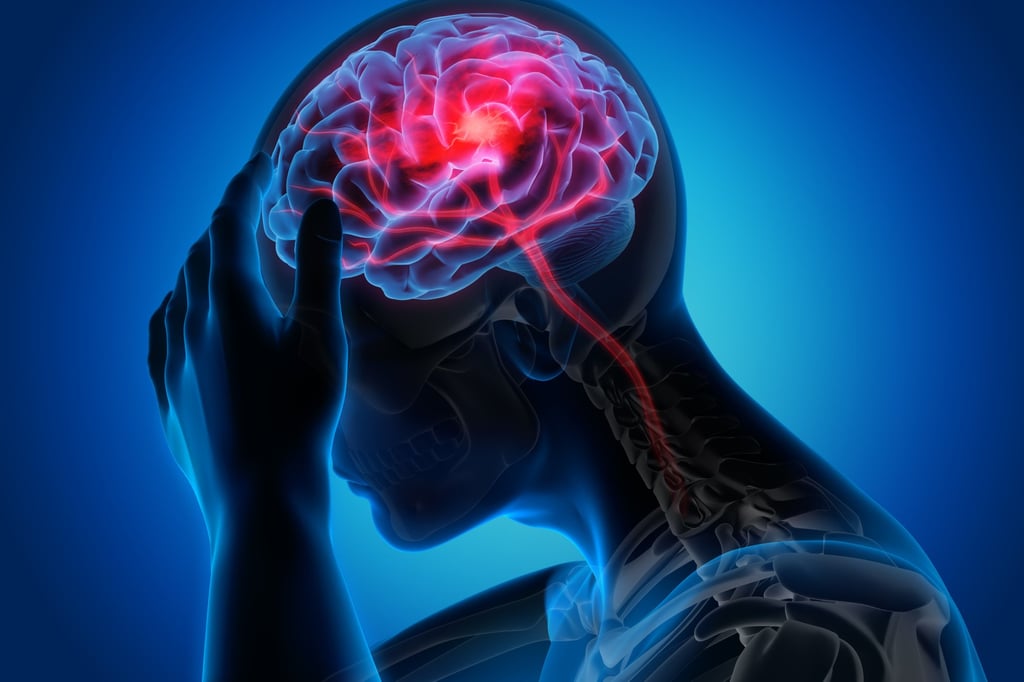Advertisement
How a stroke raises dementia risk in the short term, and for decades afterwards – losing the ability to read, or speak, causes social isolation
- One in four people who have a stroke develop dementia, as neural damage causes cognitive loss that can reduce social interaction and intellectual engagement
- Unsurprisingly, the risk of dementia triples for three to 12 months after a stroke, but research has found that the risk persists for up to 20 years afterwards
Reading Time:4 minutes
Why you can trust SCMP

This is the 32nd instalment in a series on dementia, including the research into its causes and treatment, advice for carers, and stories of hope.
Advertisement
When my mother had a stroke four years before the first signs of dementia were visible to us, she lost her ability to read.
After her stroke she developed a rare condition called pure alexia – acquired reading impairment without losing the ability to spell and write; she went, overnight, from being able to read words on a page to not being able to fathom a single one.
“This is all rubbish,” she announced. It was the only sign of stroke that she exhibited outwardly.

Stroke presents as a significant risk factor for dementia later and is likely to have caused – certainly contributed – to my mother’s.
Advertisement

Advertisement